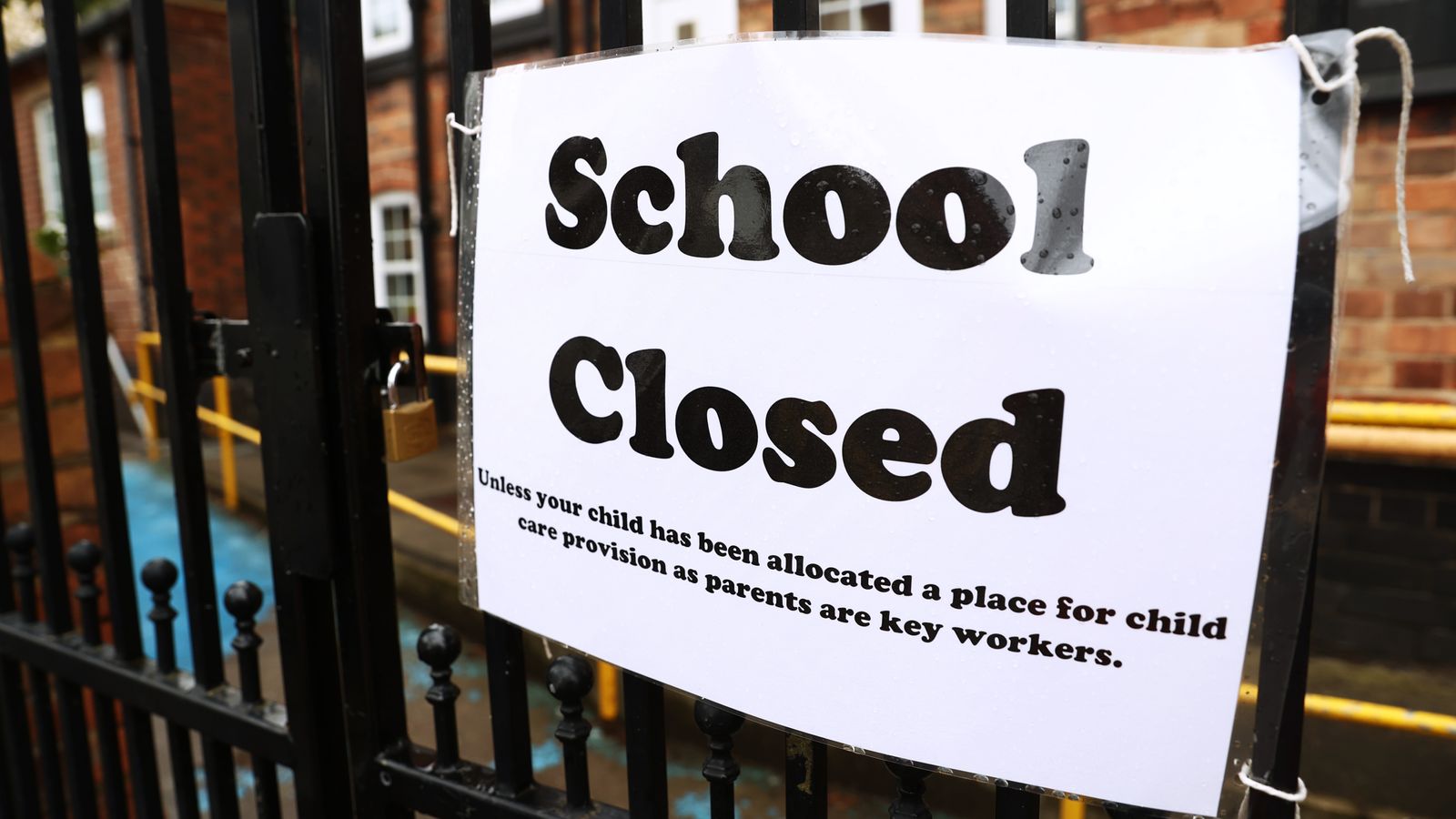Women were nearly twice as likely as men to break COVID-19 lockdown rules, mainly due to their caring responsibilities, a study has suggested.
Many women formed bubbles “out of necessity” before they were legally allowed to so they could get help with childcare, according to a study by the University of York.
Lead author Professor Joe Tomlinson, from the university’s law school, said: “The results of our study suggest there wasn’t enough consideration given to caring obligations and how the new laws would have a disproportionate impact on women and other groups facing inequalities.
“Our findings surprised us because previous studies into compliance have shown that men are much more likely to break the law than women.
“However, our results are not about women being wilfully non-compliant.
“Many participants told us how they broke the law by enlisting grandparents to help with childcare or meeting with other mothers for support.
“They were forming bubbles out of necessity before it was officially allowed.”
COVID app that detects virus in your voice ‘more accurate than lateral flow tests’
£1.1bn of COVID small business loans identified as fraud, claims government source
COVID booster jabs: Who will get the Autumn vaccine and when will they get offered it?
According to a report by the Office for National Statistics in July 2020, during the first month of lockdown women carried out on average two-thirds more of the childcare duties per day than men.
Read more:
The eight-year-old carer looking after her mum and sisters in lockdown
Programme of variant-busting jabs begins in England
COVID app that detects virus in your voice ‘more accurate than lateral flow tests’
Even after bubbles were allowed, women with care duties faced a dilemma over who to include, the researchers said.
The University of York analysed polling by YouGov, which surveyed 1,695 people in April 2020, 1,158 in June 2020, and 1,195 in October, and carried out online focus groups and interviews.
It found most people tried to follow the rules but over time there was an increasing amount of rule-bending and “creative non-compliance”.
Some claimed they had adhered to the “spirit” of a rule or that they were using “common sense”, with many saying they were more likely to follow what they believed to be law rather than guidance.
Rob Street, director of justice at the Nuffield Foundation, which funded the research, said: “This study illustrates how people’s willingness to comply with lockdown rules was influenced largely by whether these rules were based in law or guidance and how they were communicated to the public.
“These important insights offer key lessons to policy makers when they are seeking to secure public compliance for new rules.”






















